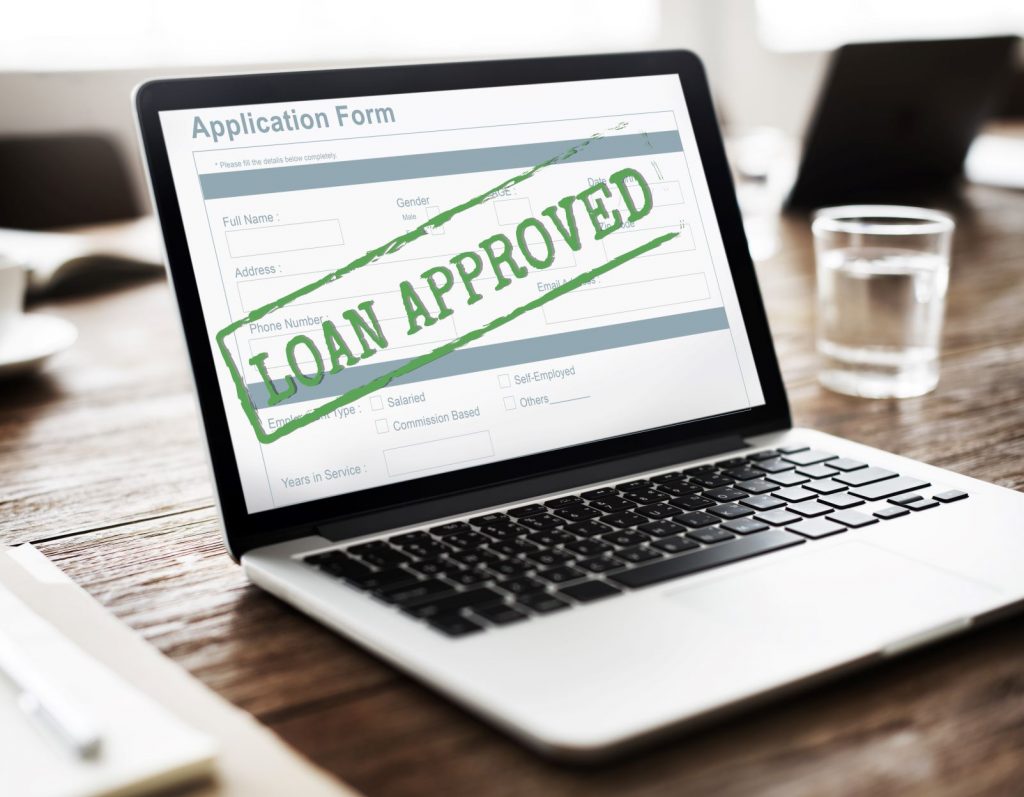Taking out a loan is something that almost everyone will have to do over the course of their lives. Even the most frugal person who saves diligently likely can’t avoid needing a loan at some point, for significant purchases such as a home or a car.
Many people must take out smaller loans as well; sometimes you just need a little something to bridge the gap.
Debt is an obligation that no one wishes to be straddled with forever, and something which borrowers generally hope to use to their benefit, and not their detriment. This can be easier said than done, and paying off loans can quickly become more of a burden and a stress than it was originally supposed to be.
The key thing with borrowing money, for various aspects of life and expenses that come up, is to ultimately make the loan work for you as much as possible, and not the other way around. Of course, you can’t avoid paying interest in most cases, but you can avoid paying higher and unnecessary amounts by practicing good habits when it comes to managing your loans.
Here Are The Top 5 Tips For Paying Off Your Loans Faster
There are many different ways to pay your debts off and you should try to find out what the best option is for you. A lot of that will depend on what exactly they are, how long the terms are, the remaining balance, interest rates, and more.
- Consolidating Your Debt
If you have many different loans and are overwhelmed by all of them, then consolidation might be something that you want to consider. With this option, you can take all of your smaller loans and put them into one loan, which will allow you to focus more on the smaller monthly payments rather than just paying off the large balance that you have.
Debt consolidation is also a great option for those who have several different accounts with relatively small balances. As in, you may not consolidate a car loan in delinquency with an outstanding balance remaining on your appliances, but you can definitely consider consolidation of little accounts that need to be taken care of quickly, including credit cards or other types of loans in BC.
Combining several different balances into one account will make the debt easier to manage and keep up with. It means you can pay all of the smaller monthly payments without having to worry about missing any of the high-interest payments that you’ve missed in the past.
- Debt Settlements
If you have higher interest rates and a high amount of late fees, then you might need to consider debt settlement. This option works well with accounts that are in delinquency, or have been handed off to collections agencies. The owners of the debt will often work with you, and take a lower amount than what was originally owed on the principle. This lower cost can help you to eliminate bad accounts that are dragging down your credit score.
Debt settlement is especially suitable for people who have had problems making their monthly payments, because they have too many high-interest payments. You will usually be able to get lower payments that are much easier to handle, and this will help you ease out from beneath the debt that you’re struggling to pay off. In many cases, you’ll be able to get a much lower interest rate on this debt than you currently have, which means that you’ll actually be saving money.
No matter what type of loan terms you want to refinance into, you should look for the best interest rate that you can afford. Make sure that you compare lenders to find the best deal, and that you shop around before you actually make a decision. If you do decide to refinance your home, you’ll likely be able to save hundreds of dollars in interest and find a better loan that you can afford to pay back.
- Paying Down The Principle Early
When it comes to most conventional loans, be it on a home, car, boat, phone, credit line – whatever the case may be, paying down the principle is a classic way to reduce the overall time spent in debt.
Paying down the principle is simply done by making excess payments on the outstanding balance left on the loan. This means you make more than the necessary monthly payment that your lender requires of you, be it all at once or in the form of extra payments.
Take a mortgage for example; say you have an outstanding balance of $100,000 left on the principle, and you’re 15 years into a 30-year mortgage. The last 15 years have likely been spent paying the interest on the principle, and not so much the principle itself. As you get closer to the end of that loan, eat into that principle number; the amount of your payment that goes toward it will increase, and interest will decrease.
If you get to throwing extra payments at that mortgage, each one is going to be a hit on that $100,000 remaining balance, reducing the monthly payments by doing so.
- Refinancing Your Home Loan
Refinancing is a controversial topic in the finance world, typically used in reference to mortgages as lenders offer this in response to interest rate fluctuations in the borrowers market.
However, the controversy comes by way of the fact that refinancing costs money, sometimes 2% to 6% of your loan amount on the home. Your refinancing decision must therefore be worthwhile, with the amount you’re going to save on interest being much greater than what you’re going to pay to restructure the details of your loan.
If this is the case, then finding yourself a significantly lower interest rate on a home loan can make a large difference in the numbers – especially the interest payments. Reducing the interest will reduce the monthly payment that you’ve been used to, perhaps enabling you to even keep paying the same amount and thus cutting into that principle a little more each month.
- Paying Down Student Loans Faster
Student loans are the debt burden maligned by millennials across the world, and it’s no wonder everyone wants to get rid of them as soon as possible. There are more than a few ways to go about this, but here are a couple.
The Debt Avalanche Method: This is a very simple and easy way to pay down your debt. You can do this by simply paying all of your student loans off as soon as possible. This is a very smart way to pay down your debt because you don’t have to worry about making minimum payments every month, and it also gives you the added benefit of being able to afford to purchase a house or car in the future since there will be a large lump sum of cash that you are able to put aside to take care of these things.
Student loans can be consolidated as well, and there’s often special avenues available specifically for these types of loans. One of the best ways is through using an Education Loan Consolidation Loan. If you are going to consolidate your debt, you will not only be able to make lower monthly payments but you will also be able to combine all of your monthly bills into one low monthly payment. This means you won’t have to stress over how you are going to get money each month to pay for your student loans.
There are a few options available when it comes to education loan consolidation. You could use a Federal Direct or Private Loan Consolidation. Each of these has their own advantages and disadvantages so make sure you research them thoroughly before you decide which option to go with.
The advantages of using a Federal Direct or Private Loan Consolidation loan are quite obvious. They have a very low interest rate and because you are already in one place, you won’t have to search around and apply for different loan offers from different companies. The downside however, is that you will not have any control over the type of loan you choose or what the terms and conditions are.
Another advantage of the Education Loan Consolidation is that they are very easy to qualify for. The only thing you will need is a high school diploma and an acceptable credit score.
Getting Rid Of Your Loans Faster Is A Win
Taking care of your outstanding debt obligations as fast as possible is a win for you, and a real step towards the end goal of financial freedom and lower expenses each month. There are multiple ways to go about reducing the balance on your loans quicker, and certainly a method out there that can work for your situation.
Taking the time to examine your own financial situation and determine your plan of action before moving into this is paramount, and it of course helps to understand what you’re doing and the numbers behind it. This would be a great first step on your route to financial success.


